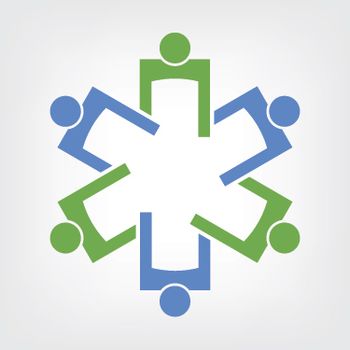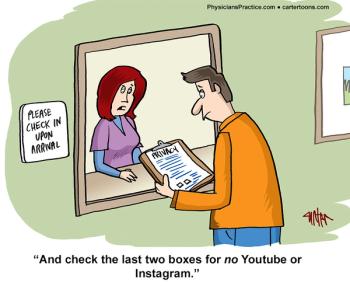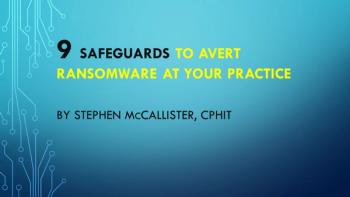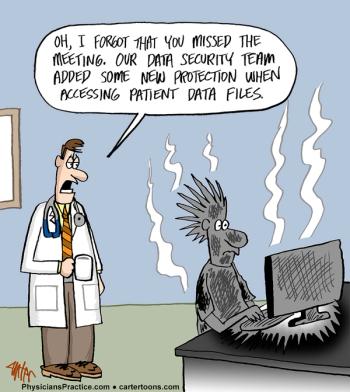
In 2021, will EHRs still be unusable and the bane of physicians' existence? We asked two leading experts to look into their crystal ball.

In 2021, will EHRs still be unusable and the bane of physicians' existence? We asked two leading experts to look into their crystal ball.

Per proposed rules from CMS on implementation of MACRA, increased use of certified EHR technology will be required starting in 2018.

While the usability of EHRs is a major issue for most physicians, some are finding ways to configure their systems to improve utilization.

Despite the progress the healthcare industry has had in adopting EHRs, the interoperability of these systems needs to be better.

Telemedicine can not only save money for practices, but it can increase revenue as well. Here are ways how.

Patient engagement is important for practices to ensure better care for the patient. Here are nine ways to improve your patient engagement efforts.

Physicians who are skeptical of telehealth, here are five reasons that you should try out the technology and give it a chance.

Many practices are feeling the push to go paperless. Here's how to make the leap.

Concerns about additional cost can hold practices back from adopting front-office technology, even though the rewards can more than offset the expense.

As healthcare moves towards a value-based reimbursement system, physicians need to be trained on analytics to better serve patients.

Password security isn't just for providers. Practices should make sure its patients are using tough passwords when using their patient portal.

No practice is too small to not worry about a cyberattack. Here are four reasons you should be concerned that your EHR is at risk.

Dr. Rebecca Fox talks about her new practice and the next steps in her healthcare journey.

Looking at the health IT portion of the MACRA proposed rule shows us that components of Meaningful Use have been carried over to the new reporting program.

One practices has figured out a way to keep their patients from breaking HIPAA rules and using social media when they are in the exam room.

Before you decide to create your killer mobile health app, this lawyer advises you look at the FTC's guidance on developing one.

Why are patients waiting longer for doctors? The culprit lies with government-mandated reporting.

For one doctor, the EHR can visualize the amount of work that is done by a physician on a daily - and nightly - basis.

Physician satisfaction, training, return on investment, and patient comfort all matter when considering hiring EHR scribes.

Practices do not just have to use staff members to improve their financial situation. The EHR can also be a huge help.

Looking for ways to increase practice profits? You may find the answer on your payroll.

One doctor has seen that medical training and trust are key when working with a scribe to document care in the EHR.

No matter how small your practice is, it's important to put technical and human safeguards in place now to protect your data.

Small practices can take steps to avoid being hit with ransomware. The key focus should be on implementing technical safeguards and working with staff.

This physician's practice found a more effective way to protect patient data. However, it may have come at his colleague's expense.